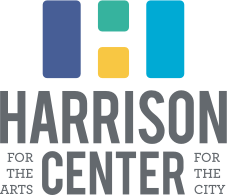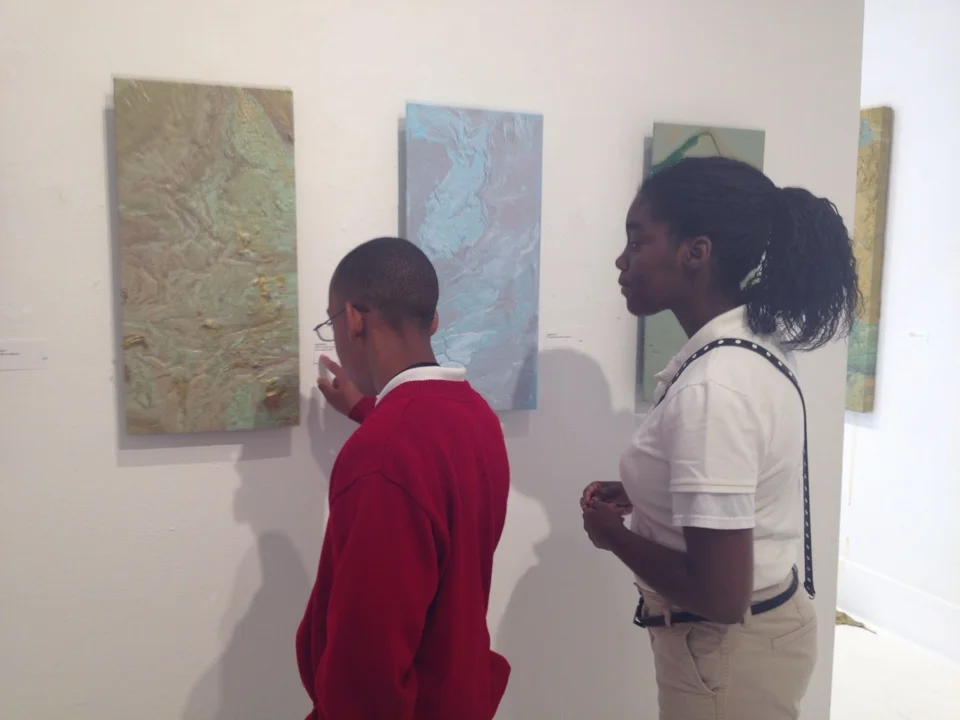Summer Academe
It’s always a bit of a bummer when you need to take a summer class right after the school year ends. Whether you’re getting a class out of the way to make room for some electives or you didn’t do so great during the year and need a do-over, a classroom is probably not where you want to pass the warmer months.
The great thing about Summer Academe at Herron High School is that you have the opportunity to be outside, learn interesting things, and meet new people. The summer before my freshman year I took P.E. to become acquainted with the school, great teachers, and tons of other high school students, some of whom would be joining me at Herron in the fall. In fact the majority of incoming freshman also choose this route so that on the first day of school there will already be some friendly faces around and one credit down to make your first few weeks of high school less intimidating. The other great part of Summer P.E.? It’s infinitely better than a typical P.E. class. Rather than playing dodgeball we’d take a walking tour downtown. Rather than running laps around a stuffy gym we’d hike down to visit the City Market. When we did play games like soccer, kickball or ultimate frisbee it’d be outside at the American Legion Mall and would never be complete without a short trip to the Central Library. It’s what’s so great about attending classes in an urban neighborhood- so many cultural and educational sites are just steps away. No bus or carpools are needed, just a trek down the street.
A partnership between the Harrison Center and Herron High School, Summer Academe has a unique goal to integrate art into every curriculum. Classes take their studies to The Eiteljorg, The Indiana State Museum, The IMA, etc. HCA intern Michael Williams was able to give his own Summer Academe class an architectural history tour of the Harrison Center and the City Gallery. “I think it’s pretty important to show my class what I value”, says Williams. “We can welcome new kids and show them around, show them what pops about this neighborhood.” These field trips are crucial in transforming a mundane classroom setting into an interactive and informative experience, introducing classical curriculum while making students more appreciative of and familiar with the city in which we live.




